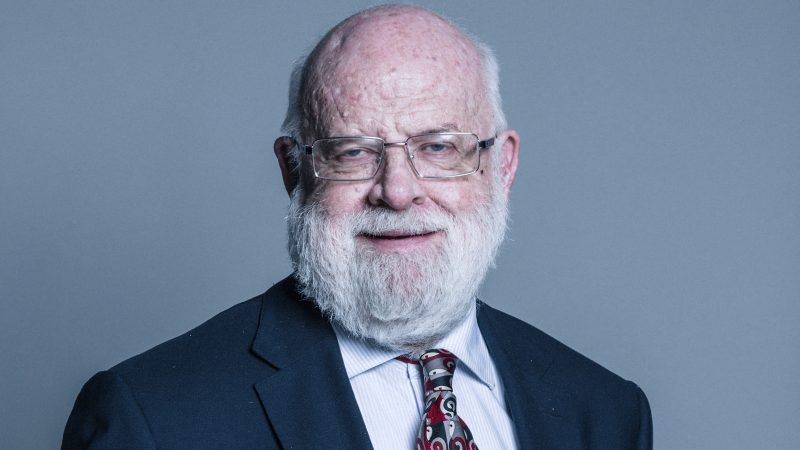
In his famous essay, Homage to Tom Maguire, the historian EP Thompson wrote in praise of heroes who were never household names but without whom the Labour movement could not have prospered as a political force.
Countless individuals have contributed to Labour’s fortunes in the last half century, but few can claim to have not only worked directly for a succession of leading figures – Denis Healey, John Smith, Tony Blair, and Donald Dewar – but also to have been responsible for steering through so much successful reform and change.
But that is the legacy of service left behind this week by Murray Elder, one-time chief of staff to John and then Donald, and who was for some years the general secretary of the Labour Party in Scotland, and since 1999, a Labour member of the House of Lords.
Murray’s story is unique: one of the world’s longest surviving heart transplant patients, having received a new heart 35 years ago in 1988. But while that meant a life full of tough medical challenges and intermittent spells in hospitals, including most of his last year when he was a patient in London, Edinburgh and Glasgow, he never complained, never asked for special treatment and never talked about the problems he faced, even to his closest friends. Instead, he was focused on what he could achieve in public service.
And his contribution helped Labour succeed. Recruited from the Bank of England to join Denis Healey and John Smith in Labour in the 1980s, he was a leading economic and financial advisor as Labour rebuilt its economic policy under Neil Kinnock and then John.
But he also made a huge contribution in Scotland, first as general secretary of the Labour Party as it took on – and for years defeated – a rising SNP in the 1990s, and then in office as Donald Dewar’s chief of staff.
He helped mastermind the Scotland Act, the Scottish referendum on devolution, the creation of the Scottish parliament and two successful Scottish parliament election campaigns before Donald died in 2000. Without his work on all of these major challenges, Labour could not have done as well as it did in Scotland in the years up to and including 2010 when Labour held 41 of 59 seats.
Murray was happy to work behind the scenes away from the glare of publicity, and while he had stood as a Labour candidate in Ross and Cromarty in 1983, his real ambition was to serve the party wherever possible and usually in the backroom and not front of stage.
As a friend of his from the time we were at infant school together in Kirkcaldy, I too always benefited from his solid advice and undoubted good judgement. Indeed, because of them, I recommended him to John Smith.
Murray challenged us to produce policies that were both credible and radical; one could be credible without being radical and radical without being credible. Murray’s contribution was to insist that Labour should be credible and radical at the same time.




More from LabourList
‘Factionalism at the top is weakening Labour – and handing a gift to Reform’
‘Europe must stand strong on its own as US security guarantees grow conditional’
‘Tackling poverty should be the legacy of Keir Starmer’s government’